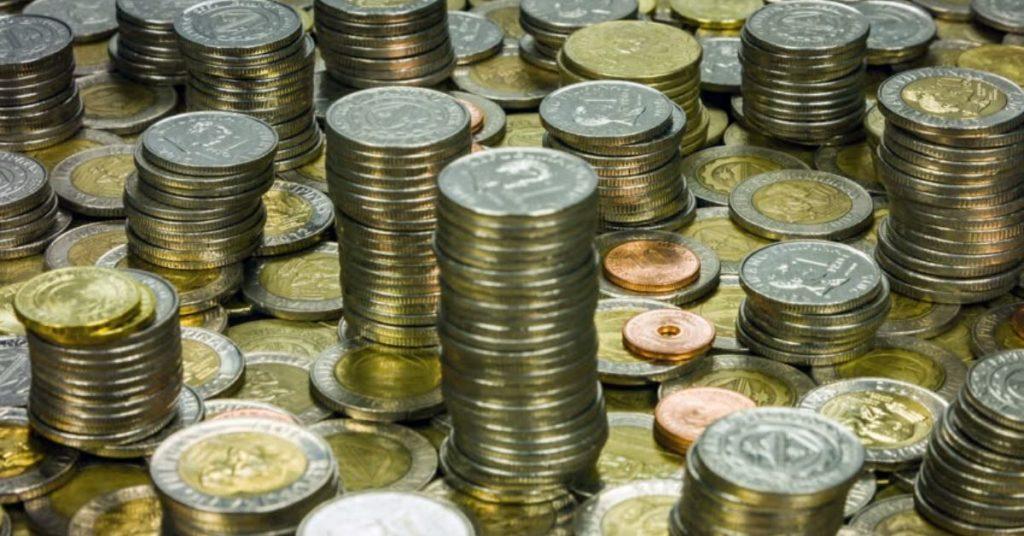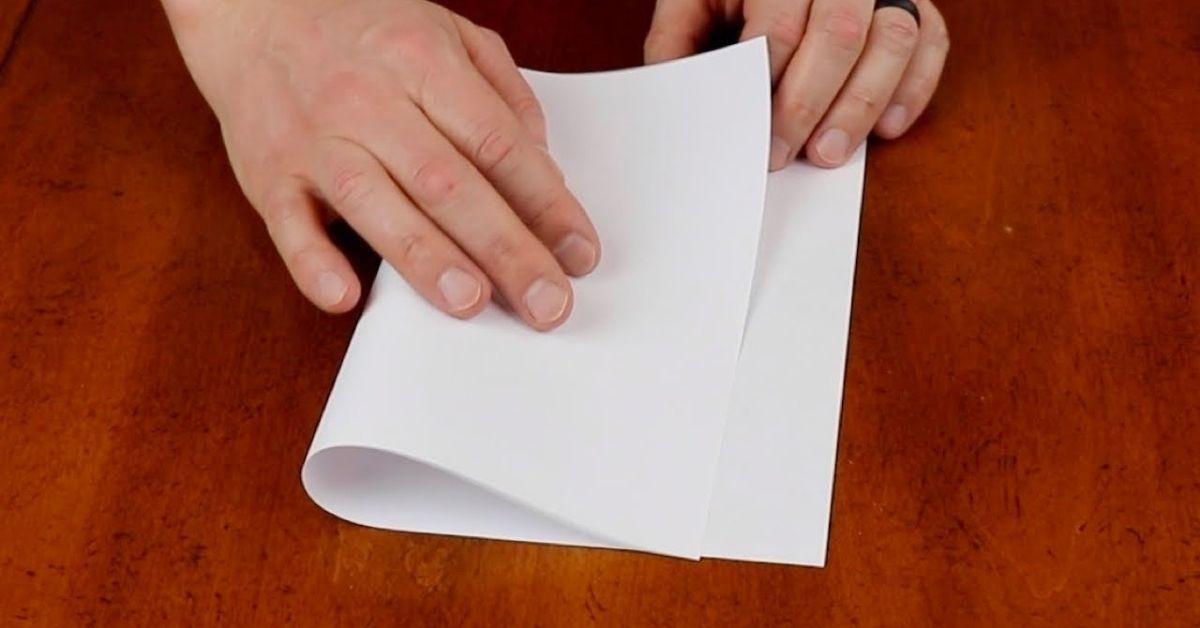FlipFact of the Day: Attributed to the Roman emperor Vespasian, the phrase Pecunia non olet (“Money does not stink”) is used in modern times to mean that money is money, regardless of where it came from. Ethics notwithstanding, anybody who has ever pulled out change from their pocket to pay for jeepney fare would disagree with that phrase, at least in the literal sense. Coins do, in fact, generate a strong odor—the same metallic smell that comes from gym equipment or plumbing. And while it’s easy to dismiss that as “just a thing metals do,” there’s actually an unusual explanation behind this unpleasant emanation.
According to scientists, our skin produces various oils that decompose when they come in contact with objects containing iron. Whenever we touch coins, our own sweat corrodes the metal, causing it to gain two electrons. In turn, the metal reacts with our skin oils and breaks them down, forming an assortment of chemicals. One of these byproducts is 1-octen-3-one, a chemical with “a mushroom-metallic smell and [a] very low odor threshold.” Basically, our noses can detect even the smallest concentrations of it. This also explains why blood, which contains iron, smells that way when it touches our skin.
Interestingly, we only learned about all of this in 2006, in a study investigating why drinking water tastes funny sometimes. (Never let it be said that science has completely run out of surprises!)
Still remember your 5th-grade science classes? Test your knowledge and see if you still remember these facts and fundamental concepts in human anatomy, biology, botany, and other branches of science. Click here to try the “Are You Smarter Than A Pinoy Fifth-Grader” Challenge.
Follow the hashtag #FlipFacts on Facebook and Instagram to get your daily dose of science trivia!
Cover: Shutterstock
References
- https://www.livescience.com/4233-coins-smell.html
- https://www.chemistryworld.com/news/the-smell-of-filthy-lucre/3003980.article
- https://www.sciencedaily.com/releases/2006/11/061121162538.htm
- https://www.nsf.gov/news/news_summ.jsp?cntn_id=108189
Author: Mikael Angelo Francisco
Bitten by the science writing bug, Mikael has years of writing and editorial experience under his belt. As the editor-in-chief of FlipScience, Mikael has sworn to help make science more fun and interesting for geeky readers and casual audiences alike.







